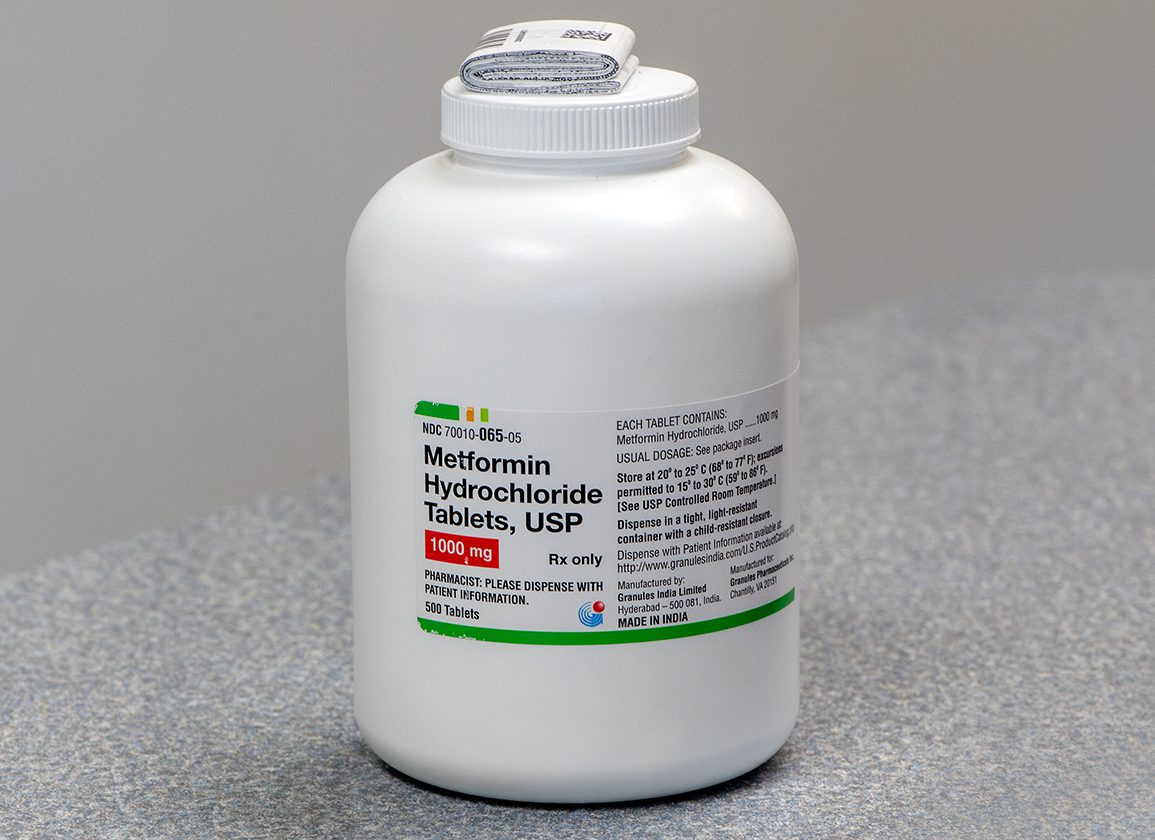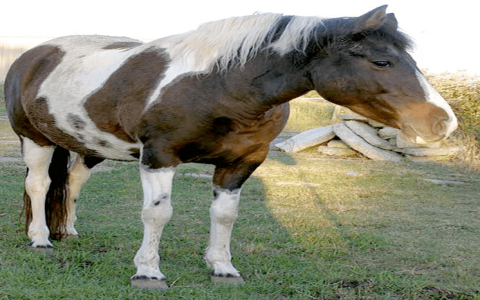Recently, I’ve got myself a little carried away with the topic of using metformin on horses. It’s kinda funny when you think about it – a drug for human diabetes being used on horses. But, hey, the world of veterinary medicine is full of surprises, right?

So, I started digging around, reading up whatever I could find on this. Initially, I thought, “Oh, this could be a game-changer for horses with metabolic issues.” The idea was that metformin could help regulate insulin levels in horses, especially those prone to laminitis due to insulin dysregulation. Sounded promising, didn’t it?
I spent days going through articles and studies. Some of them were saying how metformin had been used to counteract the effects of equine metabolic syndrome. I was like, “Alright, there might be something to this.” I even found some experiments where they gave metformin to horses before a glucose challenge and saw reduced insulin responses. I was practically sold on the idea.
But then, I hit a wall. I stumbled upon this recent study – a real party pooper, I must say. It said that metformin didn’t actually help decrease insulin levels in horses after an oral sugar test. That was a bummer. I mean, here I was, thinking we had a potential treatment option, and then bam, this study comes along and says, “Not so fast.”
It got me thinking, though. It’s kinda wild how things can seem so sure, and then a new piece of research comes along and turns everything on its head. I went from being all hopeful about metformin’s potential to being, well, pretty skeptical. I even found a tagline saying “Hold your horses”, which pretty much sums up my current stance on this.
Here’s what I did next. I decided to compile all the information into a little table. It’s nothing fancy, just a simple way to compare the pros and cons, the hopes and the doubts. I jotted down everything, from the potential benefits to the risks of side effects, to the contradicting study results.

After that, I took a step back. I realized that this whole metformin thing is way more complicated than I initially thought. It’s not just about giving a pill and hoping for the best. There’s a lot more science to it, and clearly, we don’t have all the answers yet.
So, where does this leave me? Well, I’m definitely more cautious now. I’m not saying metformin is completely off the table, but I’m not rushing to conclusions either. There’s a need for more research, more studies, more evidence before we can really say whether it’s a good idea or not.
In the end, this little adventure taught me a lot. It’s a reminder that in the world of science and medicine, things are rarely black and white. There’s always more to learn, more to explore. And sometimes, you just have to say, “Hold your horses,” and wait for the facts to come in. It’s a lesson in patience and the importance of not jumping to conclusions too quickly. Who knew a diabetes drug for humans could lead to such a deep dive into the complexities of equine health?














